Five Common Risks Facing Community Banks
Submitted by Financial Investment Management | Conscience Bay Capital on May 11th, 2023
As banks continue to face pressures, know the risks you might be taking.
Community banks play a crucial role in the American economy. They provide financial services to small businesses and local communities, creating jobs and promoting economic growth.
In fact, according to the FDIC’s latest community banking study, there were 4,750 community banks in the country with more than 29,000 branches in communities from coast to coast.
Further, you might not know that community banks:
- Provide roughly 60% of all small business loans;
- Make more than 80% of agricultural loans; and
- Employ nearly 700,000 people.
However, community banks also face significant risks that can impact their viability and profitability. The following outlines five of the largest and most common risks faced by community banks.
Credit Risk
Credit risk is the risk that a borrower will default on a loan or fail to make timely payments. For community banks, credit risk is one of the most significant risks they face.
Community banks often have a higher concentration of loans to small businesses and individuals, which can increase their exposure to credit risk.
In addition, community banks may lack the resources and expertise of larger banks to effectively manage credit risk.
Interest Rate Risk
Interest rate risk is the risk that changes in interest rates will impact a bank's profitability. Community banks often rely heavily on net interest income, which is the difference between the interest income generated by a bank's assets and the interest paid on its liabilities.
Changes in interest rates can significantly impact a bank's net interest income, which can impact profitability. Community banks may also have a more limited ability to mitigate interest rate risk compared to larger banks.
Operational Risk
Operational risk is the risk of loss resulting from inadequate or failed internal processes, people, or systems. Community banks may face operational risks due to their smaller size and limited resources.
For example, a community bank may lack the technology infrastructure or compliance resources of a larger bank, which can increase the risk of operational failures.
Liquidity Risk
Liquidity risk is the risk that a bank will not be able to meet its cash obligations as they come due.
Community banks may face liquidity risk due to their reliance on local deposits and limited access to funding sources. In addition, community banks may lack the resources to effectively manage liquidity risk.
Compliance Risk
Compliance risk is the risk of legal or regulatory sanctions, financial loss, or damage to a bank's reputation resulting from failure to comply with laws, regulations, and industry standards. Compliance risk is particularly significant for community banks, as they may lack the resources and expertise to effectively manage compliance.
Further, regulatory requirements for community banks may be more stringent than those for larger banks due to their smaller size and higher risk profile.
What It Means
There is no doubt that community banks play a vital role in supporting local communities and small businesses. Because unlike larger banks, community banks focus their loans in the neighborhoods where their depositors live and work, which helps local businesses and communities thrive.
However, they also face significant risks and must effectively manage these risks to ensure their long-term success.
Accordingly, make sure you understand the risks community banks might bring.
Important Disclosures
Content in this material is for educational and general information only.
All information is believed to be from reliable sources; however, LPL Financial makes no representation as to its completeness or accuracy.
This article was prepared by FMeX.
LPL Tracking #1-05367279

